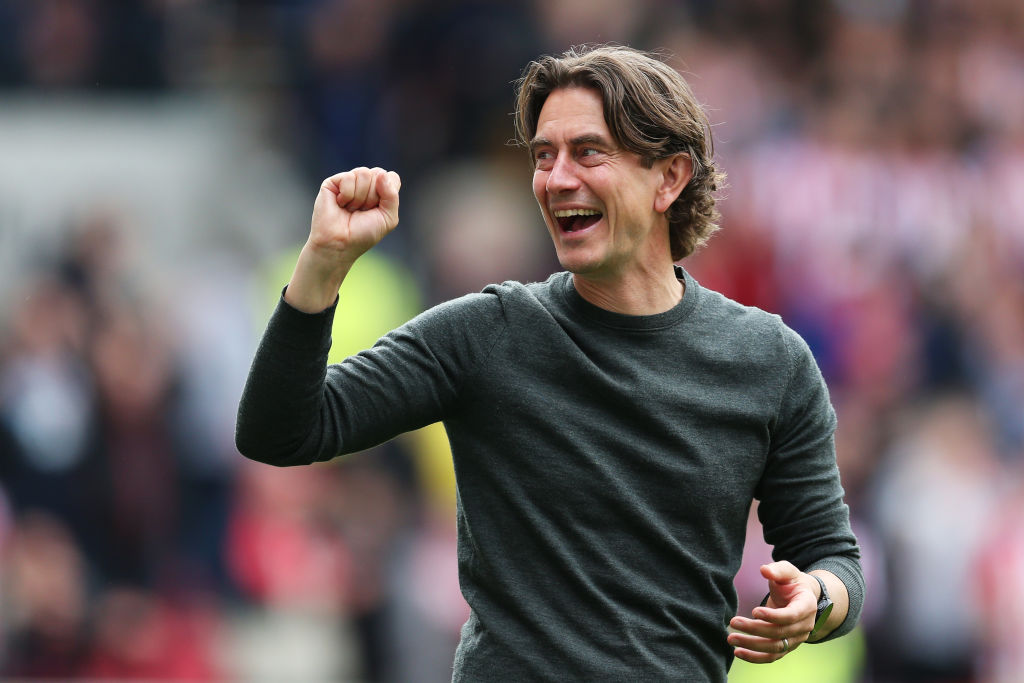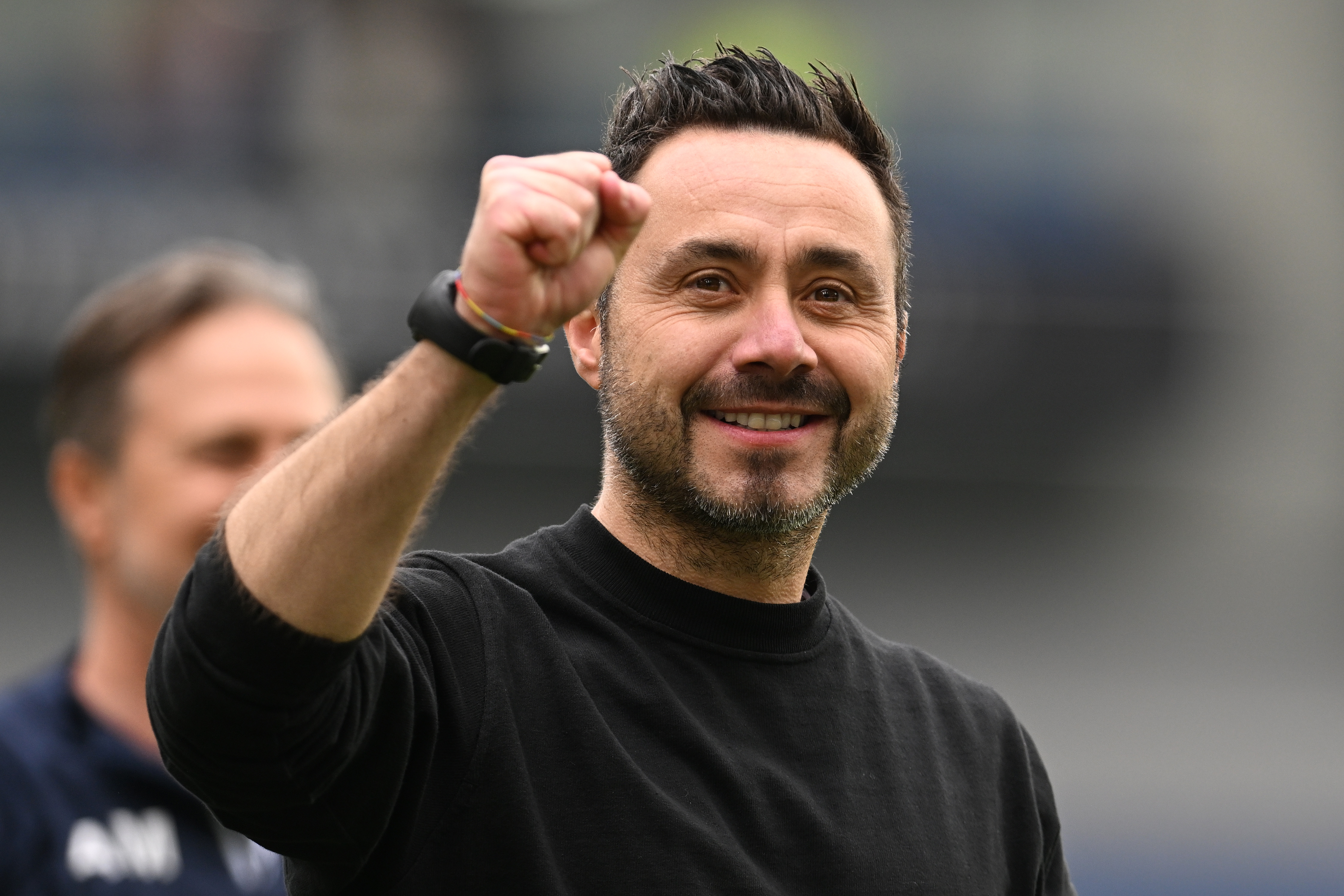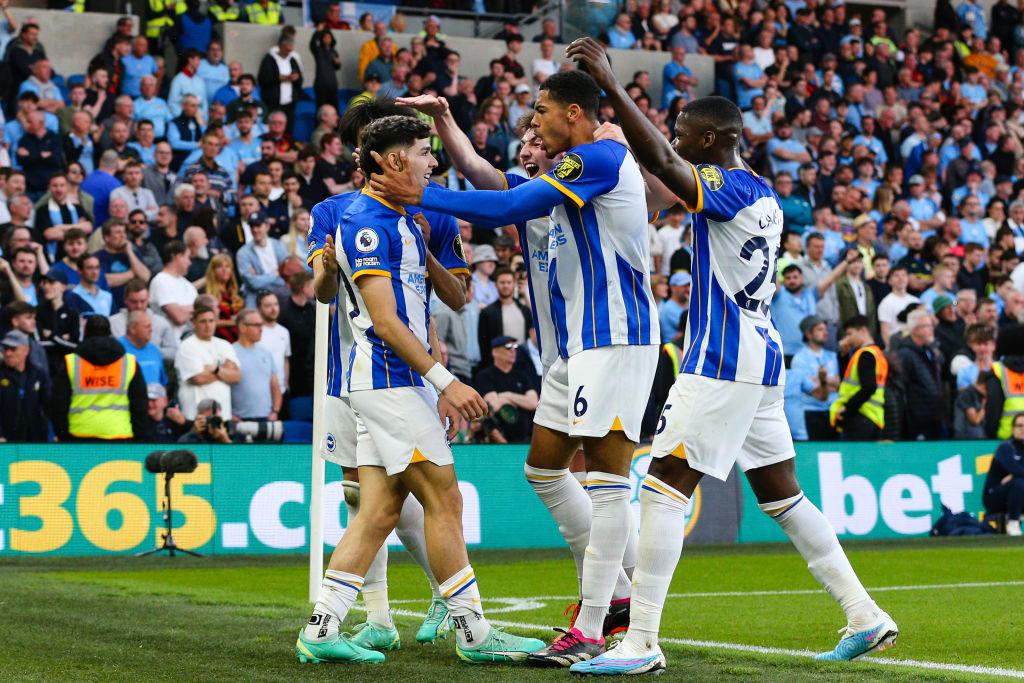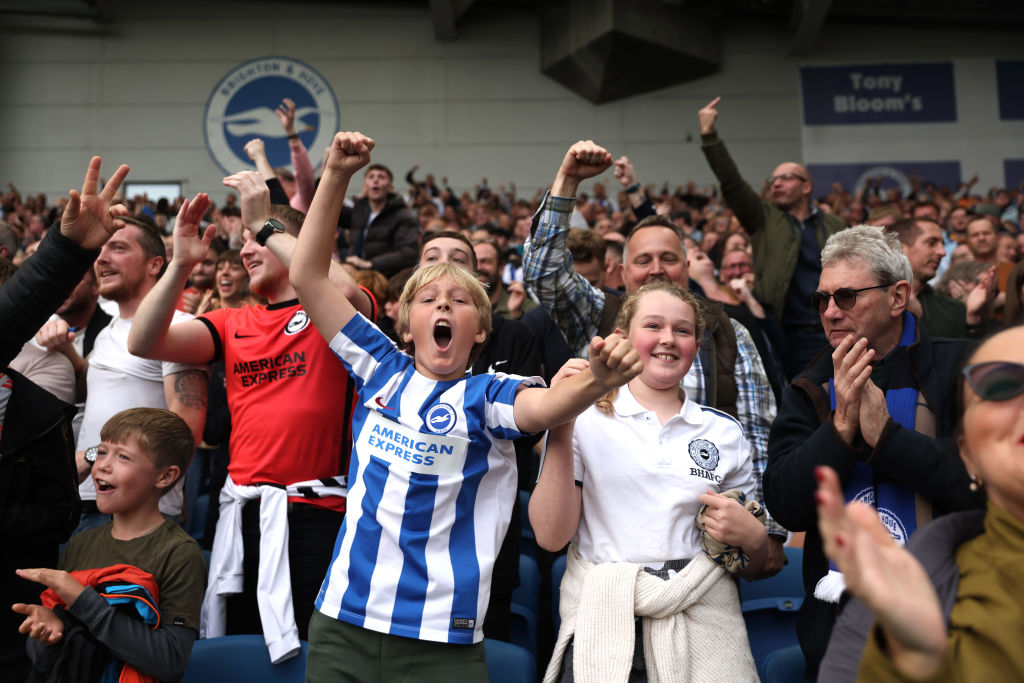
Happy Friday everybody! My god! What a weekend we have to come! A Monday, sunshine forecast across the land, and 72 hours of the most fun weekend in English football.
Championship play-off final, then League Two’s, wrapping up with Barnsley and Sheffield Wednesday’s tussle for a place in the Championship.
And in between all that – the final day of the . All 20 teams playing out the season on a balmy Sunday afternoon. It is mint.
Clearly, some among us may not share my giddiness. Sufferers of hayfever – and fans of , , and Southampton, for instance. But can you humour me by spending a bit of time with those who will?
A couple of weeks back we talked in this column about the wonderful work Luton Town are doing, over-performing their playing budget season after season.
Their wisdom in building for the future felt in stark contrast to many other Football League clubs, where fines for mismanagement can be commonplace. But even more extraordinary is that there are two clubs who are managing to achieve this in the Premier League.
A place where ‘smaller clubs’ expect to be content selling their stars to richer rivals, and keep their fingers crossed against relegation.

Well, no one seems to have informed Brighton or Brentford of this important tradition.
. Brentford will finish top half in their second-ever season in the Premier League, at least ten points above west London neighbours Chelsea.
Brighton have the lowest net spend in the division this season (earning £72million from the two windows, according to Transfermarkt) in an unbelievable lesson in sustainability. Brentford’s stadium capacity is 17,250, they sit 13th in terms of net spend. In 2008 they finished 14th in League Two.
So what’s going on? And why can’t ‘big’ clubs just copy the model? They are certainly trying. That’s why Chelsea brought then-Brighton manager Graham Potter and all his backroom team to Stamford Bridge.

Thing is, Potter and his staff were just one piece of the puzzle. There are three interrelated factors that Brighton and Brentford use to out-think their rivals – and they are not quick fixes. The first is what Brighton keeper Jason Steele called ‘the togetherness, the culture’ after Wednesday night’s game. A club that knows how to set the tone from the top to the bottom and back again.
When I spoke with Brentford’s excellent technical director Lee Dykes this week, he said: ‘The club’s superpower is its structure and how it aligns its staff and people and players towards the future goal.
‘Too many clubs that I’ve seen may have short-term success, but it will be short-term because there’s no other result people focus on than the match result.’
So it’s not just that everyone is supported to be ambitious, brave and future-thinking. It’s also that they all know their jobs and how they fit together for success.
That’s why succession planning is so good. When Potter left, Roberto De Zerbi was already part of Brighton’s thinking.
With Brentford, Thomas Frank may wrangle for signings for the now – but he understands that the club’s long-term progress will always win.

‘I think you can try and move forward too quickly,’ says Dykes. And third, they will not compete with ‘top six’ player fees, so their recruitment has to be on point. They look to make themselves the best at identifying players early before they cost too much – people can call this Moneyball after Billy Beane and the Oakland A’s, but both clubs feel they are making their own model.
When Brighton’s Julio Enciso scored a worldie to guarantee Europa League action next season, the pocket-sized 19-year-old recruited from the Paraguayan league was just the latest example of that process.
Even the fact Brentford were so comfortable for Dykes to talk to me in detail this week fits this healthy pattern – when you consider that Jose Mourinho spent his week digging out the Roma managing director for providing a single insight publicly. The same healthy openness is true of Brighton, whose chief executive Paul Barber I’m catching up with later.
The clubs know both men will tell the story in a positive light – not because they have to, or from fear – but because they want to.
You can hear the full Lee Dykes interview wherever you get your podcasts, just search for Football Ramble
, .
, and .



















